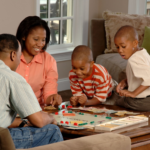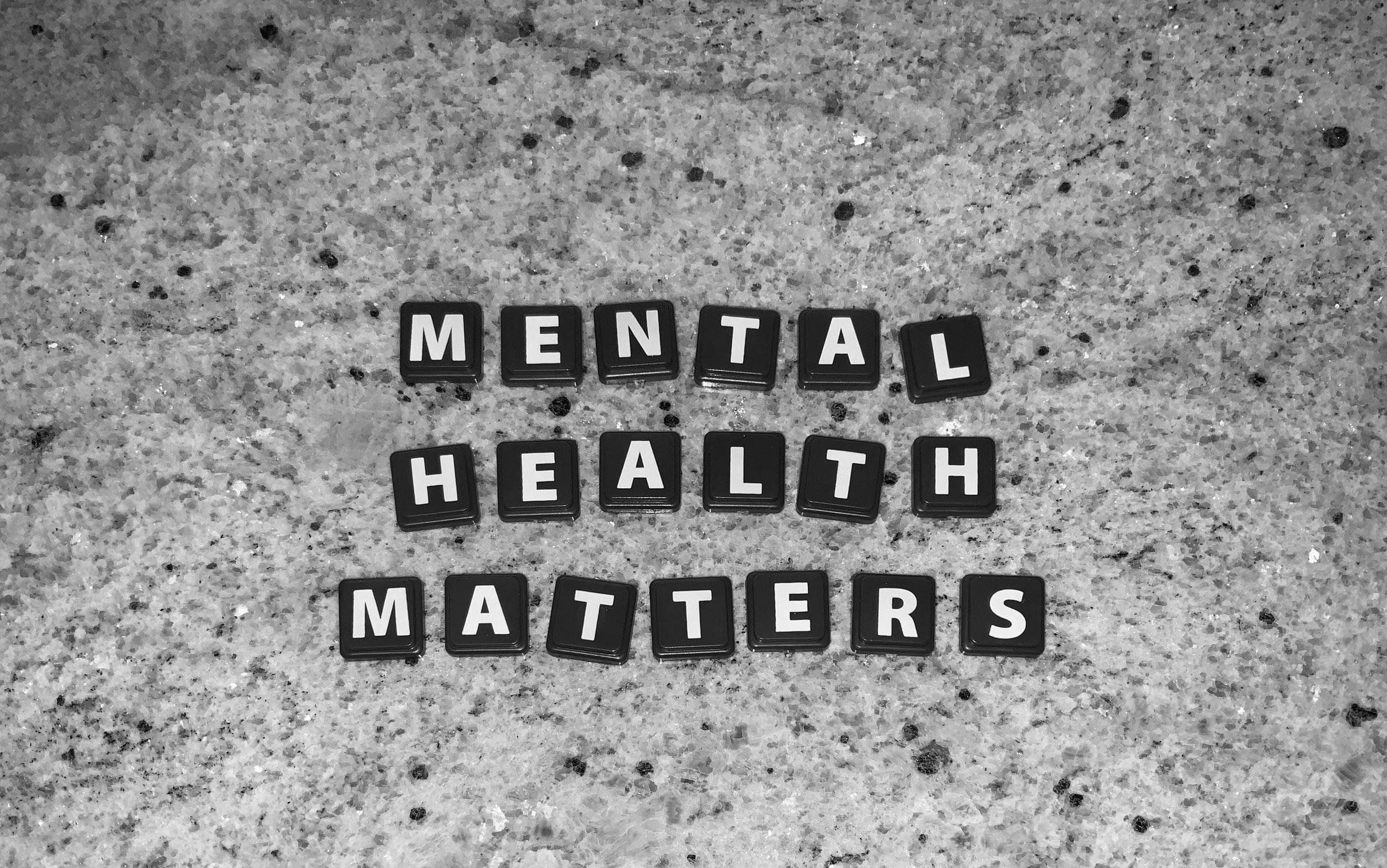The first and most important thing the family needs to realize is that they have not added to the mental illness of a loved family member. Having feelings of guilt and shame are quite the usual family reactions to an individual’s mental illness. Mental disorders are caused by many complex factors, including genetics and biology. This article will teach you how you can help your family member with a mental illness.
The way you behave towards and treat the family member who has a mental illness will greatly impact their wellbeing. Being hostile and critical of their behavior can elevate their symptoms. The key to a positive response from such people is patience and kindness.
There are various ways that the family can help and support an individual who is suffering from a mental illness. The following tips and suggestions might help do just that.
Learn About the Mental Illness
You cannot grasp the severity of the mental illness unless you know how the illness works, which is why it is very hard to give adequate support without understanding the condition. What you need to do is educate yourself. Families involved in the treatment process with proper knowledge and doctors’ instructions will see much quicker improvement in the individual with reduced symptoms and fewer days in a hospital or mental institution.
In addition, the environment at home also gets better. When families understand the signs and symptoms of the illness, they will realize that the thoughts and actions of the suffering individual are not deliberate and purposeful, but their behavior is not under their control.
Seek Support
It is not uncommon for families who have a member with a mental illness at home to feel embarrassed and uncomfortable asking for help and support. But it is only with these support groups that you will be able to attain more knowledge and strength to take care of your loved one. Support groups also enable you to exchange ideas and actions to better treat and manage your loved one.
It will be a step towards normalizing your experiences as you come to realize that you are not the only one with these problems. You will also feel comfort in knowing there are many more families out there who are trying to face and overcome similar situations.
Be Positive
Don’t lose hope. Your positive attitude and actions will influence the individual to respond to treatment better. Be patient and don’t get angry. Show appreciation for the courage needed to battle various mental illnesses.
Another thing to keep in mind is not to neglect other family members. Give equal attention to all. Singling out the individual with the mental disorder is not helpful. Learn problem-solving strategies so that all family members, including the patient, can speak their minds and contribute to any situation. Moreover, it is really crucial to set limitations for the sake of all other members of the family. The actions and behavior of the person suffering should not cause any negative consequences or harm to the family and the individual.
Look Out For Mental Illness Wanring Signs
There are usually warning signs of mental health problems that can easily be identified. Social withdrawal from activities, changes in sleep and diet patterns, and behavior problems at school can mean mental illness, but not necessarily so. They could be related to other issues as well. It is always better to have the individual checked by professionals just to make sure.
Recovering from mental illness can take a long time, with many setbacks in the process. Your loved one might not be able to recognize how much you may be doing for them, and may also seem ungrateful. However, remember to continue to help and support them. Your patience and love, and the fact that you are there for them is crucial for their recovery.































































